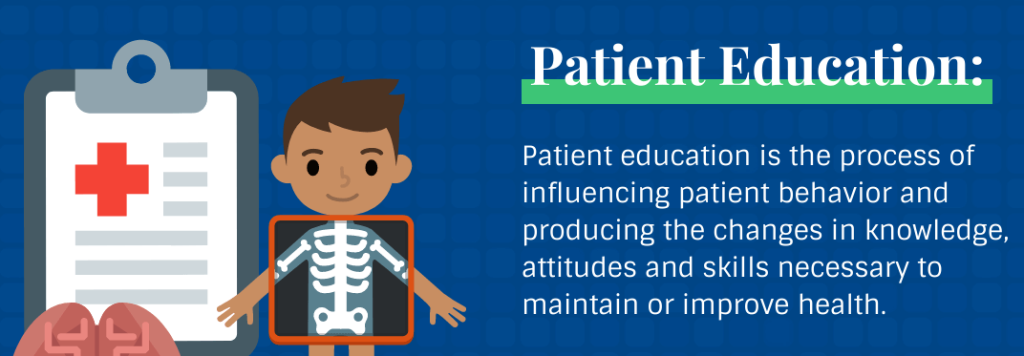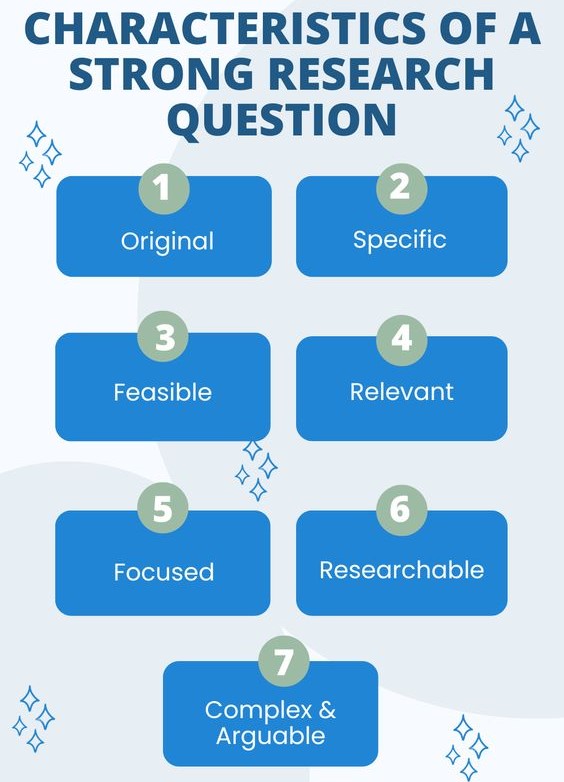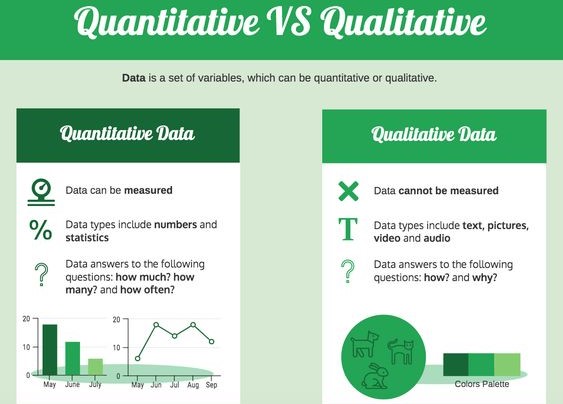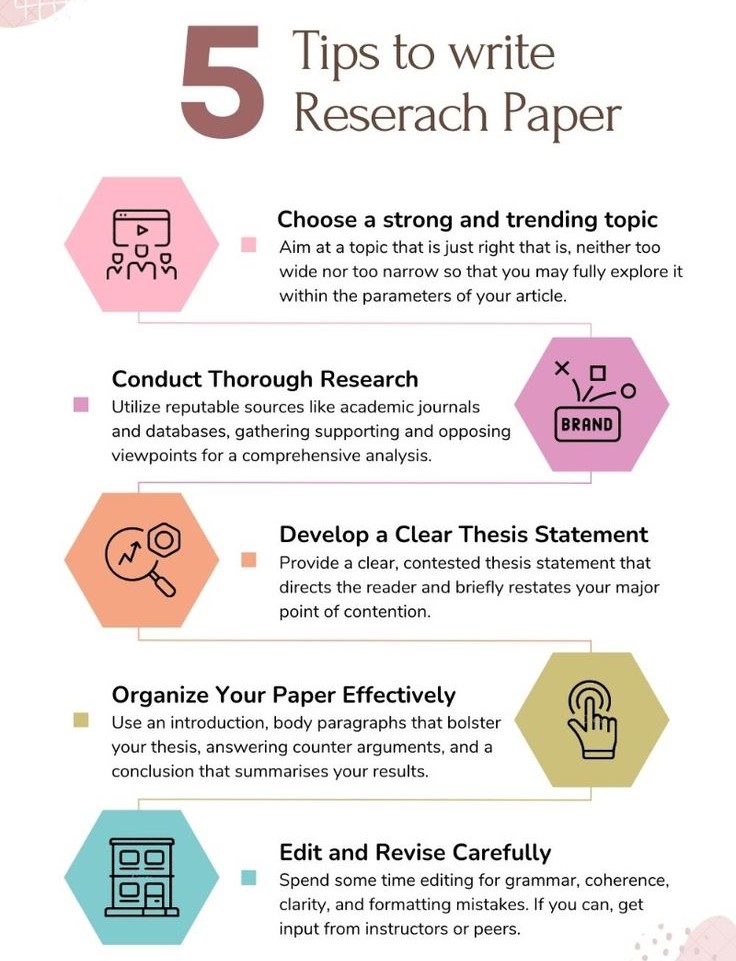
Table of Contents
Patient education is an essential component of quality healthcare, empowering individuals to take charge of their health and well-being. A well-crafted nursing research paper on patient education can contribute significantly to this field, highlighting innovative practices and generating valuable knowledge for the benefit of patients and healthcare providers alike.
This article will guide you through the process of crafting an engaging nursing research paper on patient education, from choosing a compelling topic to ensuring your findings have a lasting impact.
The Essence of Patient Education in Nursing
The essence of patient education in nursing lies in empowering individuals to actively participate in their own healthcare journey. It goes beyond simply providing information; it’s about fostering understanding, building skills, and promoting self-management to improve health outcomes. Here’s a breakdown of its core elements:

1. Knowledge is Power:
- Providing accurate and relevant information: Nurses play a crucial role in translating complex medical information into understandable language, tailored to individual patients’ needs and literacy levels. This includes explaining diagnoses, treatment options, potential risks and benefits, and self-care strategies.
- Addressing specific concerns: Patient education actively addresses individual anxieties, misconceptions, and questions, ensuring patients feel equipped to make informed decisions about their health.
2. Building Skills and Confidence:
- Promoting self-management: Nurses teach patients practical skills to manage their health conditions, such as medication administration, monitoring vital signs, or adapting lifestyle habits.
- Encouraging active participation: Patient education fosters a sense of ownership over one’s health, motivating individuals to actively engage in their care by asking questions, seeking clarification, and adhering to recommended treatments.
3. Fostering Health Literacy:
- Improving communication: Nurses are trained to communicate effectively with patients from diverse backgrounds, using clear language, visual aids, and appropriate educational materials.
- Addressing health disparities: Patient education aims to bridge health literacy gaps, ensuring equitable access to information and resources for all individuals, regardless of their socioeconomic status, cultural background, or language barriers.
4. Strengthening the Nurse-Patient Relationship:
- Building trust and rapport: Patient education strengthens the bond between nurses and patients by demonstrating genuine care and support. This fosters a collaborative partnership where patients feel comfortable expressing their concerns and actively participating in their treatment plan.
- Improving patient satisfaction: Empowered and well-informed patients are more likely to be satisfied with their healthcare experience, leading to improved patient outcomes and overall well-being.
5. Promoting Long-Term Health:
- Preventing complications and promoting healthy habits: Patient education empowers individuals to make informed choices about their health, leading to better adherence to treatment plans, early detection of complications, and adoption of healthy habits.
- Encouraging preventative measures: By understanding their individual risks, patients can actively participate in preventative measures, such as screenings, vaccinations, and lifestyle modifications, to maintain optimal health and well-being.
How to Write an Engaging Nursing Research Paper on Patient Education
1. Identifying a Powerful Topic:
The first step in creating a successful nursing research paper on patient education is to select a topic that is both relevant and impactful. Consider the following factors:
- Current Issues and Gaps: Explore existing literature on patient education to identify current trends and areas where research is lacking. Focus on pressing issues such as adherence to medication regimes, managing chronic conditions, or promoting healthy lifestyle choices. For instance, a study examining the effectiveness of using digital platforms for educating patients with diabetes could be highly relevant and timely.
- Your Passion and Expertise: Choose a topic that genuinely interests you and aligns with your nursing experience or areas of expertise. Your enthusiasm will translate into a more engaging and impactful paper.
- Feasibility and Resources: Ensure that your chosen topic is feasible within the scope of your research project, considering factors like time constraints, data accessibility, and available resources.
2. Crafting a Compelling Research Question:
A well-defined research question is the backbone of any nursing research paper on patient education. It should be specific, measurable, achievable, relevant, and time-bound (SMART). Here are some tips for crafting a compelling research question:

- Start with a problem statement: Identify a specific problem related to patient education within a particular context. For example, “Despite the availability of resources, adherence to medication regimes for chronic conditions remains a challenge.”
- Formulate a clear question: Transform your problem statement into a specific question that your research will aim to answer. For instance, “How does the use of interactive mobile applications affect medication adherence among patients with chronic heart failure?”
- Consider different perspectives: Explore various perspectives on the issue by incorporating factors like patient demographics, cultural background, healthcare settings, or different interventions.
3. Choosing the Right Methodology:
The methodology section of your nursing research paper on patient education will describe how you conducted your study to answer your research question. This is where you need to carefully select the most appropriate research design and methods:
- Quantitative Research: If you are interested in measuring and quantifying data related to patient education, quantitative methods such as surveys, experiments, or observational studies may be suitable. For example, a randomized controlled trial could compare the effectiveness of two different educational interventions on patient knowledge about a specific health condition.
- Qualitative Research: Qualitative methods like interviews, focus groups, or ethnography are best suited for exploring patients’ experiences, perspectives, and understanding of healthcare information. You could conduct interviews to understand patients’ preferences for receiving information or explore their perceptions of a particular educational program.
- Mixed Methods Research: Combining quantitative and qualitative approaches can provide a comprehensive understanding of patient education, offering both objective data and rich qualitative insights.
4. Ensuring Ethical Considerations:
All nursing research papers on patient education must adhere to strict ethical guidelines to protect participants and maintain research integrity. Here are some key considerations:
- Informed Consent: Obtain informed consent from all participants before collecting data, ensuring they understand the purpose, risks, and benefits of the study.
- Confidentiality and Privacy: Protect the identity and sensitive information of participants by anonymizing data and storing it securely.
- Beneficence and Non-Maleficence: Ensure that the research benefits participants and does not harm them in any way.
- Institutional Review Board (IRB) Approval: Obtain approval from an IRB to ensure ethical compliance and safeguard the rights of research participants.
5. Gathering and Analyzing Data:
Once your research protocol has been approved, you can begin gathering data according to your chosen methodology. After data collection, you need to analyze it systematically to extract meaningful insights and answer your research question.
- Quantitative Data Analysis: Statistical techniques like descriptive statistics, hypothesis testing, and correlation analysis can be used to analyze quantitative data.
- Qualitative Data Analysis: Thematic analysis, discourse analysis, or grounded theory can be used to identify patterns, themes, and insights from qualitative data.

6. Writing a Clear and Engaging Narrative:
The writing style of your nursing research paper on patient education is crucial for effectively communicating your findings to readers. Consider the following:
- Structure and Organization: Follow a logical structure with clear headings and subheadings to guide readers through the paper.
- Clarity and Conciseness: Use precise language and avoid jargon. Present information in a concise and organized manner, focusing on essential points and key findings.
- Supporting Evidence: Back up your claims with evidence from your data analysis and relevant literature. Cite sources using the appropriate referencing style.
- Engaging Introduction and Conclusion: Capture readers’ attention with a strong introduction that clearly states the research question and its significance. End with a concise conclusion summarizing key findings and their implications.
7. Disseminating Findings and Impact:
After completing your nursing research paper on patient education, consider how to disseminate your findings effectively to reach a wider audience and contribute to the advancement of patient education practices.
- Publication in Peer-Reviewed Journals: Submit your nursing research paper on patient education to relevant nursing journals for peer review and potential publication. This ensures your findings are validated by experts in the field.
- Presentation at Conferences: Present your research findings at national or international conferences to engage with other researchers and practitioners.
- Sharing with Healthcare Providers: Share your findings directly with healthcare providers within your community or institution to translate research into practical applications.
- Patient Education Resources: Use your findings to create or enhance patient education materials, such as brochures, online resources, or educational videos.
8. Example of an Engaging Nursing Research Paper on Patient Education:
- Title: “Impact of a Digital Intervention on Medication Adherence Among Patients with Chronic Obstructive Pulmonary Disease”
- Research Question: How does the use of a digital platform for delivering medication reminders and personalized information affect medication adherence among patients with COPD?
- Methodology: Randomized controlled trial comparing a digital intervention group to a control group receiving standard education.
- Key Findings: The digital intervention group demonstrated significantly higher medication adherence rates compared to the control group.
- Implications: This study highlights the potential of digital tools to enhance patient engagement and improve medication adherence for chronic conditions.
9. Key Considerations for Your Nursing Research Paper on Patient Education:
- Focus on a Specific Patient Population: Tailor your research question and methodology to a specific patient population to ensure relevant findings. For example, you could focus on patient education for individuals with specific health conditions, cultural backgrounds, or socioeconomic characteristics.
- Consider the Impact of Technology: Explore the role of technology in patient education, such as digital platforms, mobile apps, or virtual reality.
- Include Patient Perspectives: Incorporate patient perspectives and experiences through qualitative research methods to understand their needs and preferences.
- Address Barriers to Patient Education: Investigate barriers to effective patient education, such as literacy levels, language differences, or access to resources.
- Develop Practical Recommendations: Provide clear and actionable recommendations based on your findings to improve patient education practices.
Examples of Compelling Topics about Patient Education
Here are engaging topics for a nursing research paper on patient education:
- The Impact of Interactive Mobile Applications on Patient Adherence to Chronic Disease Management Plans: This nursing research paper on patient education investigates the effectiveness of mobile apps in improving patient understanding and compliance with treatment regimens for chronic conditions like diabetes or hypertension.
- The Role of Cultural Sensitivity in Developing Effective Patient Education Materials for Diverse Populations: This nursing research paper on patient education explores the importance of tailoring educational materials to cultural nuances and beliefs to enhance patient comprehension and engagement.
- Evaluating the Effectiveness of Peer-to-Peer Patient Education Programs in Promoting Self-Management Skills: This nursing research paper on patient education examines the benefits of utilizing trained patients as educators for their peers, particularly for conditions like mental health or substance abuse recovery.
- The Influence of Patient Education on Reducing Readmission Rates for Heart Failure Patients: This nursing research paper on patient education investigates the link between comprehensive patient education programs and the likelihood of patients being readmitted to the hospital after being discharged for heart failure.
- Exploring the Use of Virtual Reality Simulations in Patient Education for Surgical Procedures: This nursing research paper on patient education evaluates the efficacy of using VR technology to provide patients with realistic, immersive experiences that enhance their understanding of surgical procedures and reduce anxiety.
- Assessing the Impact of Family-Centered Patient Education on Improving Outcomes for Pediatric Patients with Chronic Conditions: This nursing research paper on patient education examines the effectiveness of involving families in the education process for children with chronic illnesses to empower them to actively participate in their child’s care.

Crafting a successful nursing research paper on patient education requires a thorough understanding of the field, a well-defined research question, a robust methodology, and a clear and engaging narrative. By following these guidelines and considering the key considerations mentioned above, you can contribute to the advancement of patient education and empower individuals to actively participate in their healthcare journey. Your research findings can have a significant impact on patient outcomes, healthcare practice, and the future of patient education in nursing.
Nursing Research Paper Writing Help on Patient Education
Are you having difficulties in writing a nursing research paper on patient education? Then, simply order an original paper from Nursing Papers. We offer professional academic writing services for nursing research papers, essays, case studies, theses and dissertations.







